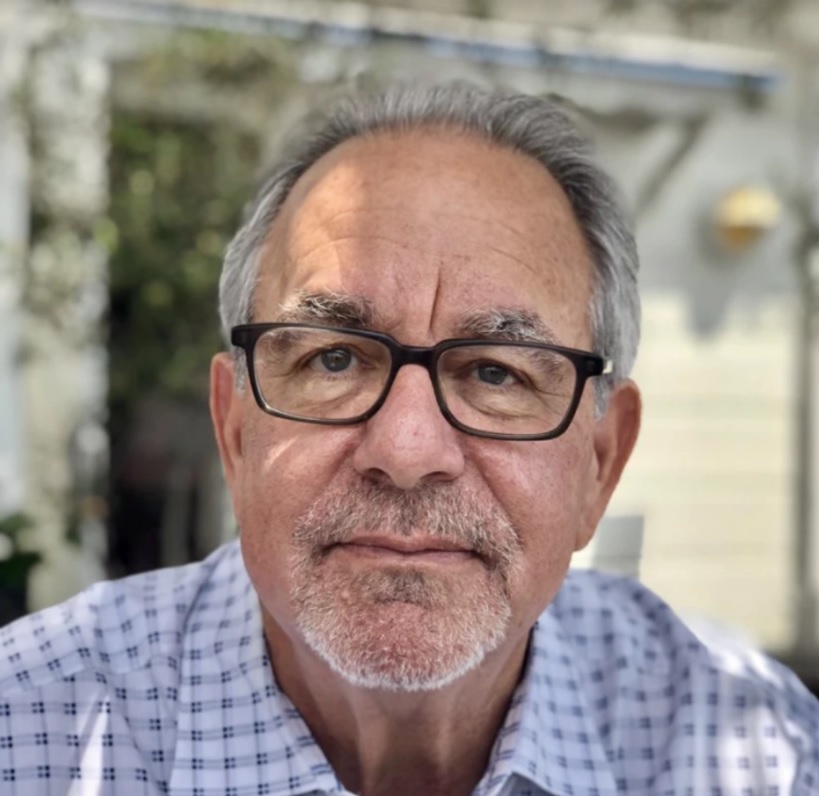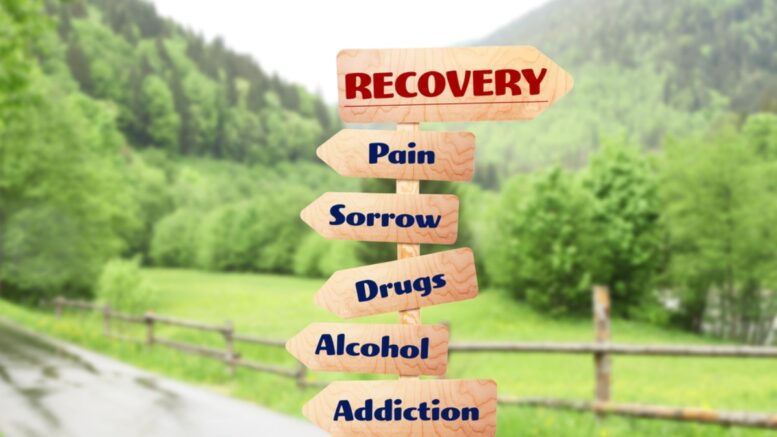The nature of addiction is often confusing. Why can some people experiment with drugs and alcohol and never have negative consequences while others struggle with addiction their whole lives? Why can some people engage moderately in activities like food, shopping, and video games while others take the behaviors to excess with often life-ruining results?
Research in recent years has helped us understand the risk factors associated with drug and alcohol dependence.
The Disease Model of Addiction
One of the most widely accepted ways we understand the nature of chemical dependence is through “the disease model of addiction.” The disease model states that addiction is a lifelong, incurable disease, like diabetes and other chronic physical or psychological illness. Addiction can be managed but never fully cured. The model also states that there is a biological, psychological, and social (environmental) basis for why some people develop an addiction and some do not.
This model is powerful because it destigmatizes the nature of addiction. Instead of those who struggle with addiction being painted as inherently “flawed” or “bad,” we look at the myriad factors contributing to the individual’s likelihood of developing (or not developing) addiction to explain the behavior. The priority becomes not shaming or putting blame on the addicted individual, but managing the disease with lifestyle changes, social supports, and sometimes medical interventions.
Risk Factors for Addiction
So, now that we know about the psychological, biological, and social basis of dependence, what are the risk factors for someone developing a chronic, lifelong addiction? Here are some of the most common.
Family History
A family history of addiction can speak to somebody’s biological and genetic predisposition to the disease. If you have a relative or family member who has had an addiction, it could indicate that you may struggle with addiction in some form as well.
Of course, a family history of addiction, like all risk factors, does not guarantee that someone will become addicted. However, studies have shown that genetics often play a significant factor in whether or not somebody will eventually become addicted to drugs or alcohol should they attempt to use or experiment with dependence-causing substances and behaviors. Those with a family history should take extra precautions to avoid substances in general, even more so than the general population.
Peer Pressure: Friends Who are Actively Using Substances
The social element of addiction should not be disregarded when considering risk factors. Individuals whose friends and close family struggle with addiction are much more likely to be exposed to substances and subsequently develop a chemical or psychological addiction. Many people start using to “fit in” or connect with their peers, which can eventually lead to a complete dependency.
Peer pressure is not just for teenagers, either. Many adults at various points in their lives can feel pressured to engage in alcohol and drug use by their colleagues, family members, and friends. Especially in North America, where much of social life is centered around bars, clubs, and restaurants where alcohol and other substances are consumed. Those who do not want to engage in alcohol and drug consumption often must deal with the stigma of being labeled a “prude” or “uptight” and may even consume substances just to avoid this label.
Age of Use
Adolescents who begin using substances are often more likely to develop a substance use disorder than adults. This can happen for several reasons, chief among them being that substances can interfere with normal brain development for a still-maturing person. In conjunction with other factors like peer pressure and adolescent impulsivity, this can often lead to a young person becoming chemically dependent much faster than an adult.
Mental Health Factors
A person experiencing a mental health disorder, such as depression and anxiety, may be at risk for chemical dependence. Often, people will self-medicate their mental health issues with substances to cope or alleviate symptoms, which can ultimately lead to substance use dependence.
Take someone with social anxiety, for example. They may find social situations, like work functions or parties, extraordinarily stressful and consume drugs or alcohol to calm their nerves. Eventually, they find they can’t even run errands or go to the store without the aid of their drug of choice. The nature of addiction often means that someone thinks they’re in control until it’s too late, and this is often true when attempting to self-medicate mental health issues.
Trauma
Similar to mental health factors, trauma can be a major indicator of potential addiction. If somebody is self-medicating to cope with extreme negative experiences and memories, they may have difficulties handling life and their trauma symptoms without it.
An example is a combat veteran who has post-traumatic stress disorder may drink or use drugs to deal with the complicated recollections of wartime service. Eventually, they need to drink more often or in greater quantities to get the same effect, leading to a daily alcohol abuse habit that is incredibly hard to quit, lest the memories come back.
Risk Factors Cannot Predict Addiction
No matter how many of the risk factors mentioned above a person has, they do not necessarily determine whether or not they will be addicted with complete certainty. Somebody who has all the risk factors may never develop a dependence, and somebody with zero risk factors may. Addiction is a complicated disease, and biological, psychological, and social factors can only predict or determine so much.
If you’re worried that you or somebody you care about is heading toward addiction, reach out for help today. If you’re in the San Diego area and would like support in identifying the risk factors of addiction in your life or the life of someone you care about, contact Confidential Recovery today. If you’re elsewhere in the United States, contact the National Alliance on Mental Illness hotline at 1-800-950-6264 for more resources.
About the Author

Scott H. Silverman is a high-profile expert on addiction and recovery, making frequent public and media appearances for the last 40 years. He is the author of The Opioid Epidemic, and the Founder and CEO of Confidential Recovery, a San Diego substance abuse treatment center that specializes in helping Veterans and First Responders get and stay sober.
